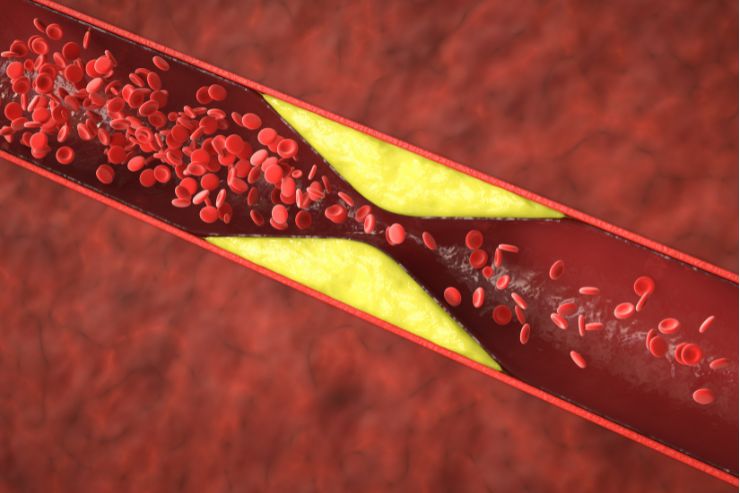
Hyperlipidemia refers to elevated levels of lipids (fats) in the bloodstream, particularly cholesterol and triglycerides. These lipids are essential for normal body function but can become a health concern when their levels are too high.
Cholesterol: A waxy substance found in the blood and cells, essential for building cells and certain hormones. High levels of cholesterol, particularly LDL (low-density lipoprotein) cholesterol, can increase the risk of heart disease.
Triglycerides: Another type of fat found in the blood. Elevated triglyceride levels, especially when combined with high LDL cholesterol and low HDL (high-density lipoprotein) cholesterol, can also increase the risk of heart disease.
Untreated hyperlipidemia can lead to atherosclerosis (hardening and narrowing of the arteries), increasing the risk of heart attack, stroke, and other cardiovascular diseases. However, with early detection and appropriate management, the risk of complications can be significantly reduced.
Comprehensive Lipid Profile: Evaluating cholesterol and triglyceride levels through advanced diagnostic tests.
Personalized Treatment Plans: Tailored lifestyle modifications, including dietary changes and exercise programs.
Medication Management: When necessary, prescribing medications to help lower cholesterol levels and reduce cardiovascular risk.